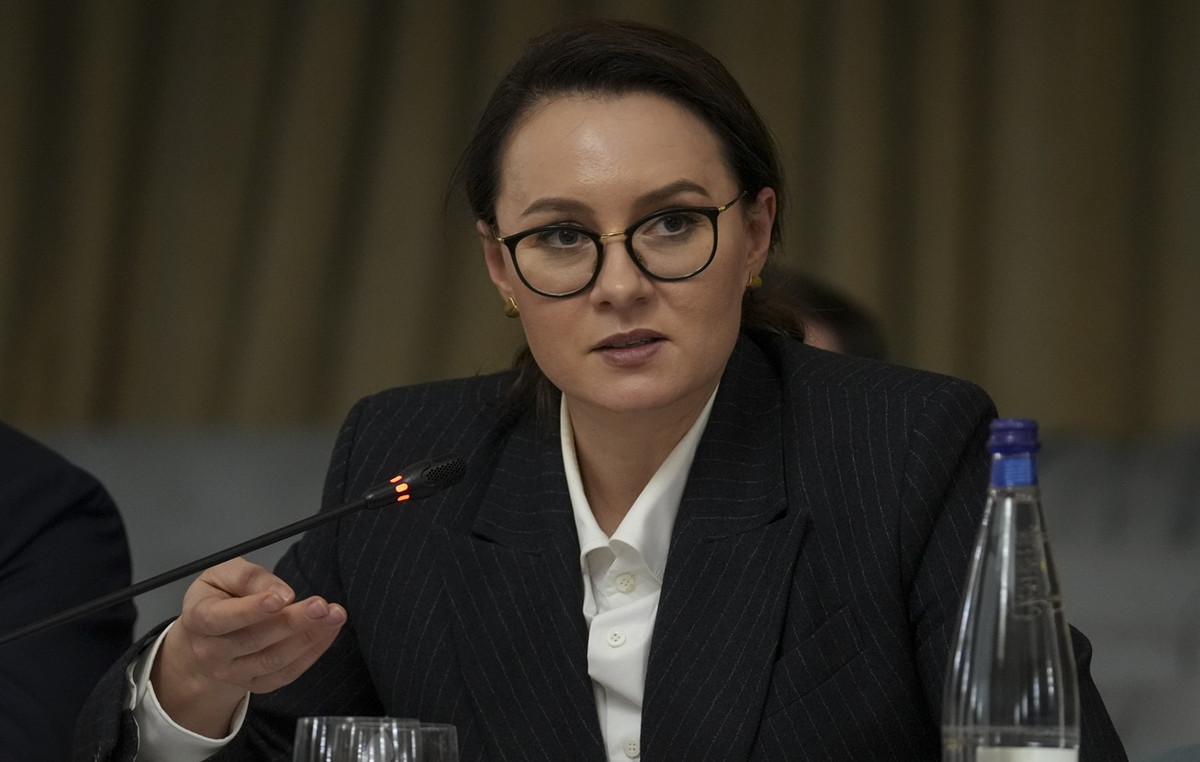On the same day that the world started talking about lower interest rates in the United States, Brazil started talking about raising the Selic rate again. With uncertainties in the fiscal field and the forecast for an increase in public spending, the future interest curve already shows interest rates rising from 15% in 2023.
This Wednesday (23), while the minutes of the American central bank pointed to a deceleration in interest rates and a possible drop in rates in 2023, the president of the Brazilian central bank, Roberto Campos Neto, signaled that the fall in the Selic rate, expected to mid-next year, may not materialize. He sometimes used the word “inflection”, emphasizing that it is time for changes in the conduct of economic policy.
Both Campos Neto and economists who were directors of the Central Bank and former ministers began to emphasize that the policy is pointing to a scenario of increased spending, which means that the country’s risk perception may worsen, leading to the exit of capital, dollar appreciation and inflation. In this scenario, without the fiscal side helping to combat rising prices, interest rates may have to do the work of fighting inflation on their own. For this reason, the increase in the Selic rate returned to the radar.
The perspective of increased expenses occurs with the discussions on the Transition PEC. Gabriel Barros, chief economist at Ryo Asset, agrees that interest rates should rise if the PEC actually stays at the value proposed by Luiz Inácio Lula da Silva’s transition group, mainly because the economy is already heated.
“If the value stays at R$ 150 to R$ 200 billion, the BC will have to raise interest rates because the Brazilian economy is in a phase of the economic cycle in which it is already running at its potential. The labor market, for example, is practically at full employment for our parameters. When the economy is heated like this, a fiscal expansion is very counterproductive, the Central Bank will have to react and raise interest rates”, says Barros.
The third postponement of the text of the Transition PEC shows the complexity of reaching a consensus on the size and deadlines of the proposal. The Lula government will still struggle to present a definitive text by December 2nd and vote on the proposal later this year, but the solution via Provisional Measure is gaining strength. It would be a way to pay Bolsa Família from January, since the MP depends only on the Executive to be edited and has the force of Law as soon as it is published.
The economist at Ryo Asset sees risks in the alternative. “Extraordinary credit has two requirements: the expense has to be urgent and unpredictable. Bolsa Família at R$600 may be urgent, but it is not unpredictable. Even though the TCU and the Supreme Court give a favorable understanding, I am afraid of the criteria being made more flexible. It is a worrying situation and time is short,” he says.
Source: CNN Brasil
A journalist with over 7 years of experience in the news industry, currently working at World Stock Market as an author for the Entertainment section and also contributing to the Economics or finance section on a part-time basis. Has a passion for Entertainment and fashion topics, and has put in a lot of research and effort to provide accurate information to readers.







